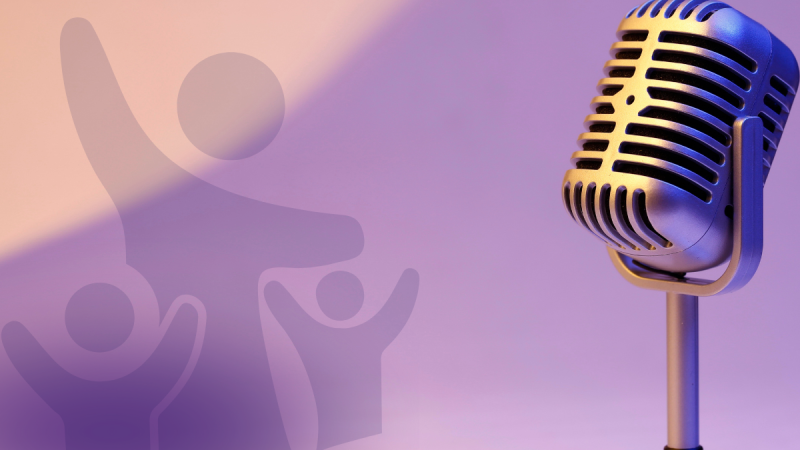Domestic abuse is more than just physical violence. While physical abuse is certainly harrowing, there are many other forms that can be just as damaging, if not more so. These include emotional, psychological, financial, and digital abuse, as well as the insidious tactics of coercive control. Samatha explains that the majority of people who reach out to TDAS are dealing with these non-physical forms of abuse. Yet, even those who experience physical abuse may not fully understand the complex dynamics they are facing.
One of the most significant barriers for those experiencing domestic abuse is recognising the situation for what it is. Many victims don’t realise they are in an abusive relationship until they are emotionally drained or manipulated into doubting their reality. Coercive control, gaslighting, and subtle manipulation can make it incredibly difficult for victims to leave, especially when their emotional and financial independence has been stripped away over time.
In this episode, Samantha shares some sobering statistics, including the fact that an estimated 2.3 million people aged 16 years or over experience domestic abuse each year in the UK. These figures only reflect reported cases; the reality may be far higher due to underreporting and the complex nature of the abuse. It’s vital for us as a society to become more aware of the many signs of domestic abuse, including isolation, sudden personality changes, and digital manipulation through tracking devices and social media.
Samantha also highlights the significant work TDAS does in the community, from supporting over 2,000 people annually to providing resources for both victims and their families. One of the most innovative initiatives from TDAS is their male refuge project, which provides safe accommodation for men who are victims of domestic abuse, a crucial step in breaking down the stigma surrounding male victims.
Alongside practical support such as housing, legal advice, and children’s programs, TDAS also offers training for professionals and employers. The goal is to raise awareness about domestic abuse in all sectors of society, ensuring that those who may be suffering are supported in every aspect of their lives.
If you or someone you know is experiencing domestic abuse, please do not hesitate to seek help. There are many resources available to guide you through these challenging circumstances.
We hope this conversation helps shed light on the complexities of domestic abuse and offers support to those who need it most. For anyone looking to make a difference, the most important step is simply to start the conversation. You never know who might need the support you can offer.
Resources mentioned in this episode:
Trafford Domestic Abuse Services (TDAS): TDAS Website
Refuge’s 24-Hour National Domestic Abuse Helpline: 0808 2000 247
TDAS 'Words Matter' Video: TDAS Words Matter





